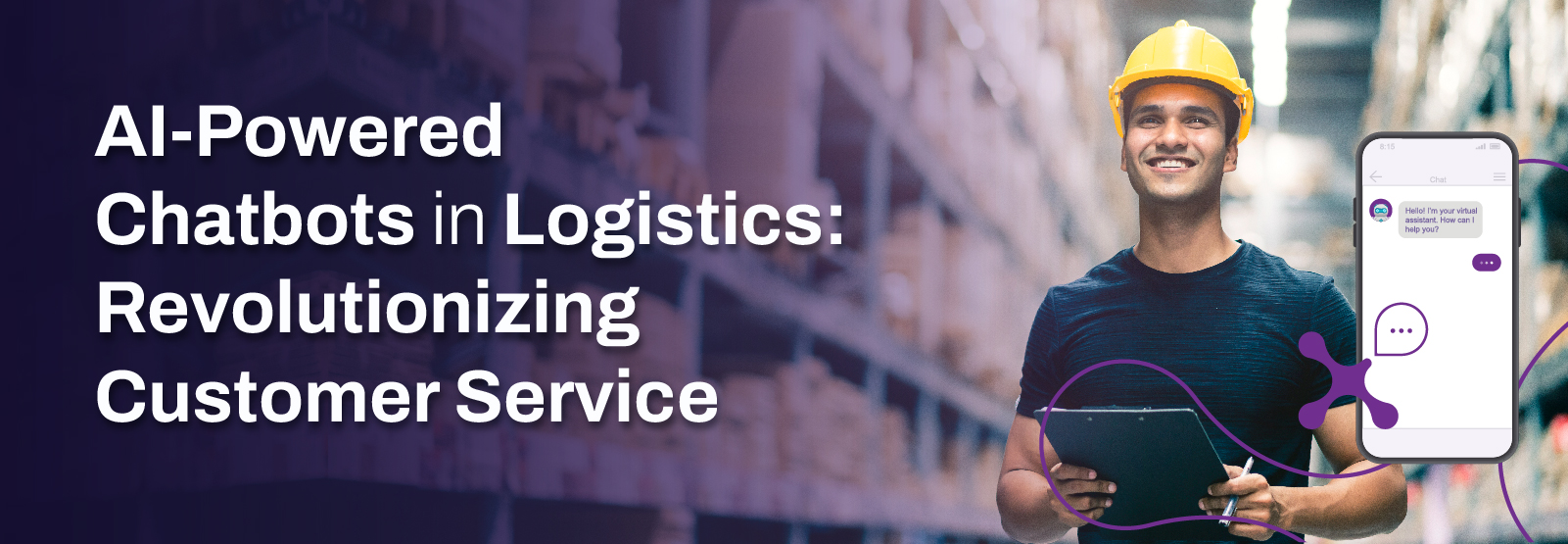The Shift Away from Voice Support
In recent years, many B2C companies have shifted their customer support strategies away from traditional voice support. The primary reasons for this shift include:
- Increasing Costs: Maintaining a voice support team is expensive. It requires significant investment in infrastructure, training, and staffing (tech).
- Digital Transformation: There has been a strong push towards digital channels such as ticketing systems, mobile apps, and messaging platforms like WhatsApp. These methods are often seen as more cost-effective and scalable.
- Efficiency: Digital support can handle a higher volume of queries with quicker resolution times, thanks to automated workflows and self-service options.
The Human Touch in Customer Support
Despite the benefits of digital transformation, many customers still value the human touch in customer support. Several studies highlight this preference:
» According to a survey by PwC, 82% of U.S. consumers want more human interaction in their customer service experiences.
» A report by Zendesk found that 75% of customers are willing to spend more with companies that provide a positive customer experience, which often includes human interaction.
» The American Express Customer Service Barometer indicates that 68% of customers believe that polite and friendly customer service representatives are key to positive experiences.
The Rise of Generative AI in Voice Bots
Generative AI is poised to revolutionize the landscape of voice-based customer support. Here’s how:
- Cost Reduction: Generative AI can significantly lower the costs associated with voice support. AI-powered voice bots do not require salaries, benefits, or training, and they can handle multiple queries simultaneously.
- Enhanced Customer Experience: AI voice bots can deliver a more personalized and human-like interaction. With advancements in natural language processing and understanding, these bots can comprehend and respond to complex queries more effectively.
- Scalability: AI voice bots can scale effortlessly, handling high volumes of customer interactions without degradation in performance.
- 24/7 Availability: Unlike human agents, AI voice bots can provide support around the clock, improving customer satisfaction by being available whenever needed.
Technological Advancements in AI Voice Bots
Generative AI has made significant strides in recent years, leading to:
- Lower Latency: Modern AI models are being trained directly on voice data, which reduces the processing time and improves response speed. Technologies like end-to-end neural network models can process speech inputs and generate responses more efficiently.
- Improved Accuracy: AI algorithms have become more adept at understanding diverse accents, languages, and speech patterns, resulting in more accurate and helpful responses.
- Context Awareness: Generative AI voice bots can maintain context over longer conversations, allowing for more coherent and relevant interactions.
Future Outlook
The resurgence of voice bots powered by generative AI represents a significant shift in customer support strategies. As the technology continues to evolve, we can expect:
-
- Increased Adoption: More companies will likely adopt AI voice bots as the technology becomes more affordable and sophisticated.
- Hybrid Models: A blend of AI and human support could become the norm, where AI handles routine queries and escalates complex issues to human agents.
- Continuous Improvement: Ongoing advancements in AI will lead to even more natural and effective voice interactions, further bridging the gap between digital and human touch in customer support.
- Transparency & Trust: In the coming days, companies might announce clearly that a voicebot is managing the query as the agent is unavailable. That will also build confidence in the customers as queries will be resolved in a much shorter time, ensuring that human touch is still there.
In conclusion, the resurgence of voice bots, driven by generative AI, offers a promising solution to the challenges faced by B2C companies. By lowering costs and enhancing customer experiences, AI-powered voice bots are set to redefine the landscape of customer support, bringing back the much-needed human touch in a technologically advanced form.
 +91-808 8919 888
+91-808 8919 888 +91-808 8919 888
+91-808 8919 888 +966 135 181 912
+966 135 181 912



